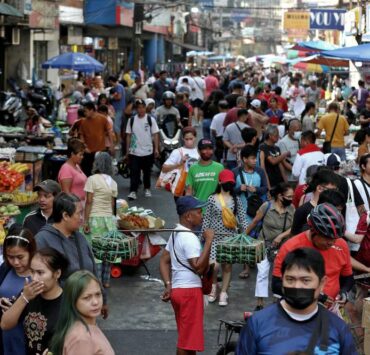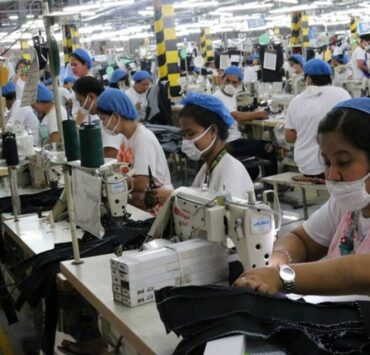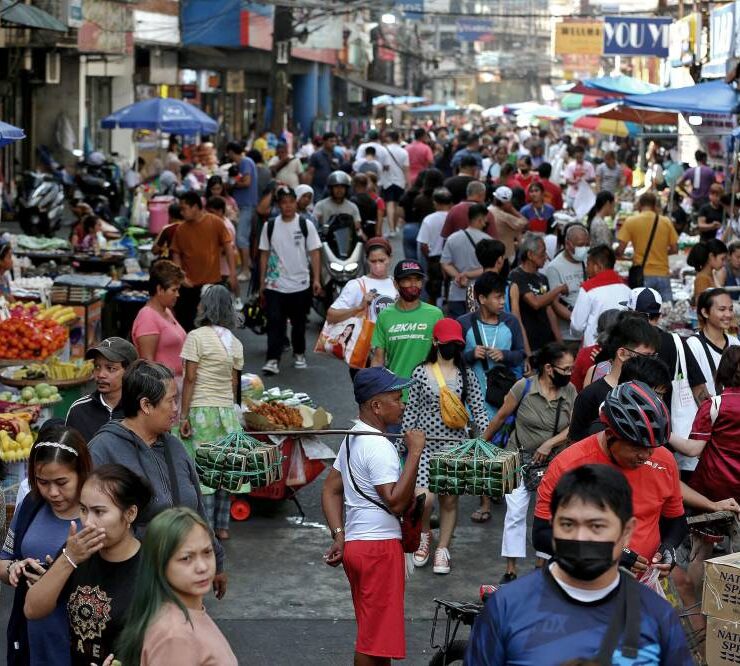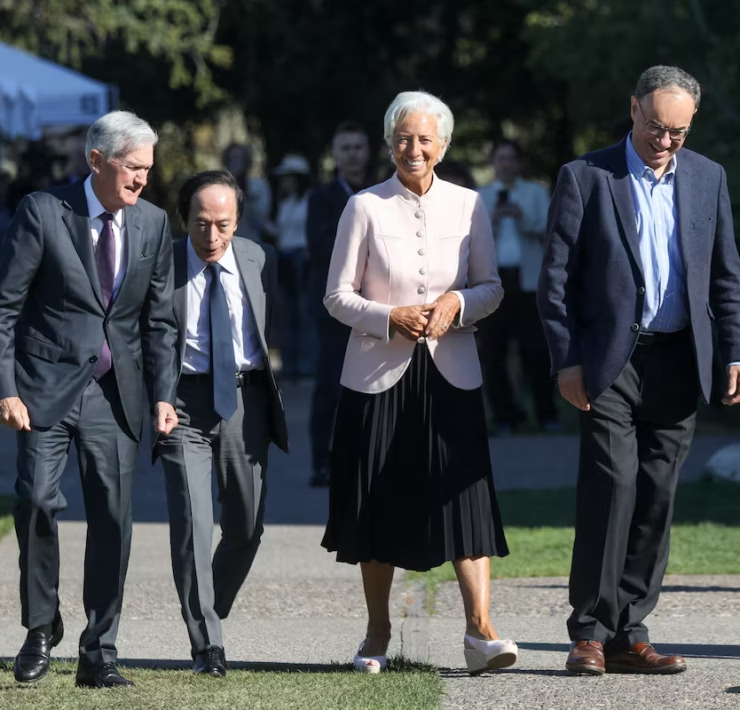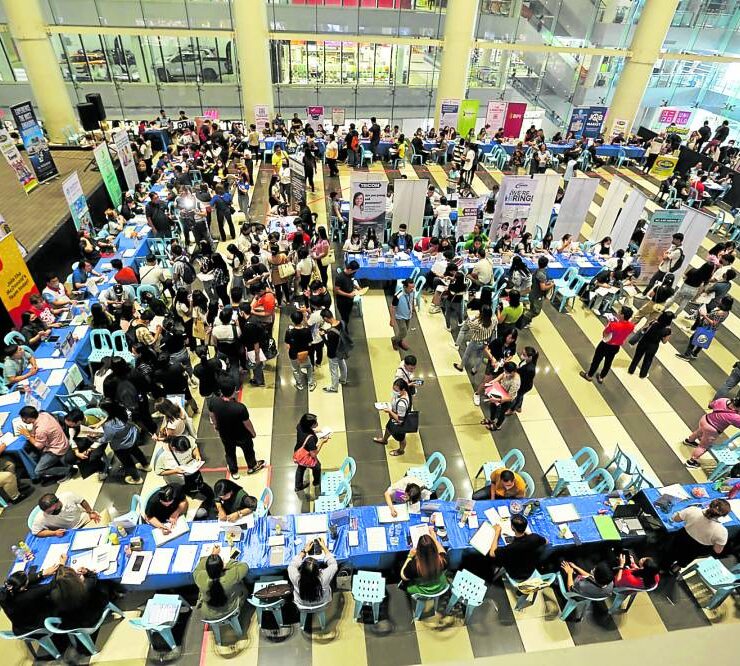PH slips in IMD ’25 global talent ranking
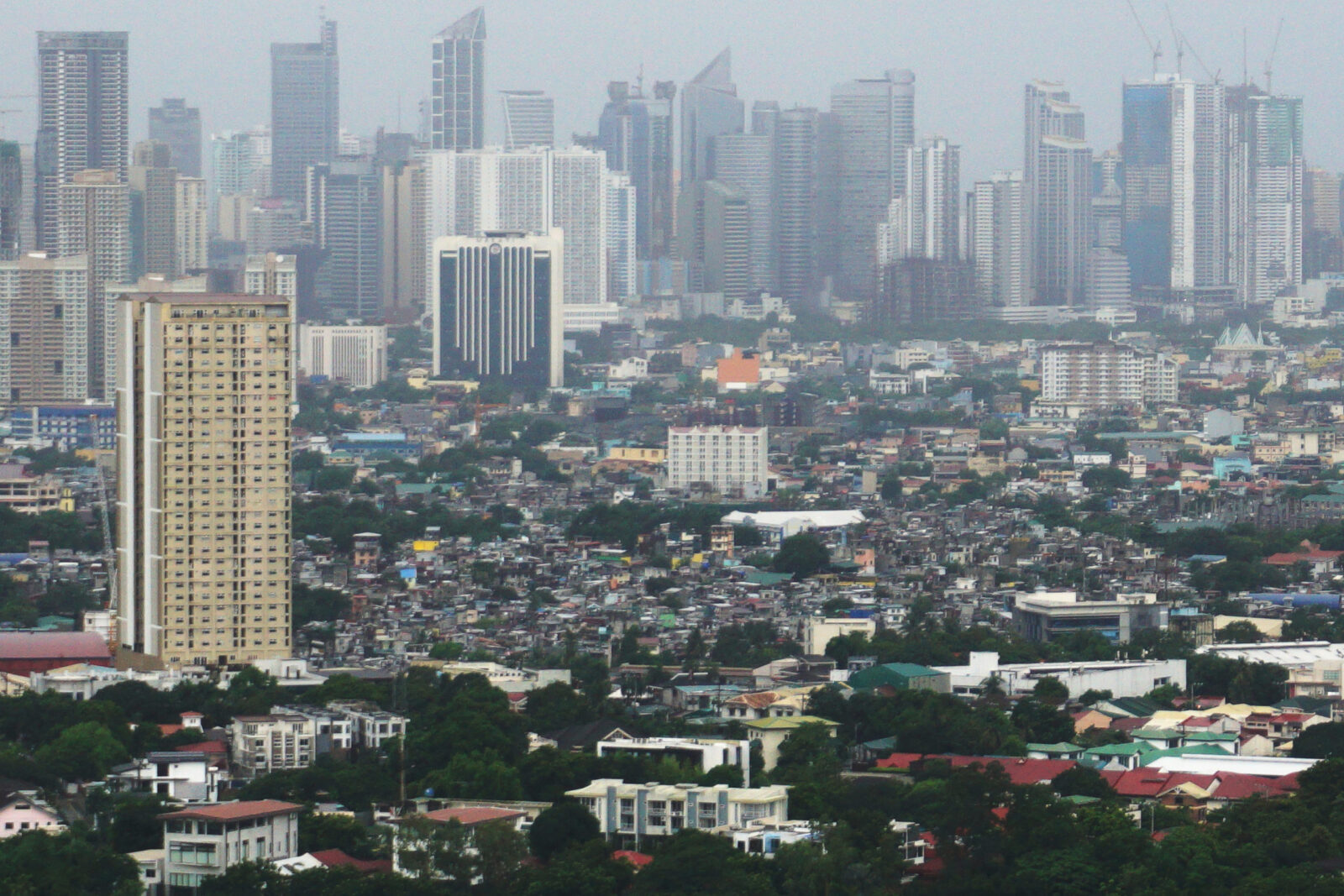
The Philippines fell by one spot in the global ranking of territories by Switzerland-based International Institute for Management Development (IMD) based on capability to attract, develop and retain a highly skilled workforce.
The country placed 64th out of 69 economies in 2025, garnering an overall score of just 34.72 out of 100. This marked a decline from last year’s ranking of 63rd, based IMD’s World Talent Ranking 2025.
Its overall standing has been on a downtrend over the last three years—from 54th in 2022 to 64th in 2025, the report stated.
Sought for comment, Management Association of the Philippines (MAP) president Alfredo Panlilio said, although they have yet to read the full report, human capital has been a prevailing constraint in the country.
“I think an important aspect is how do you fix the curricula of the schools, from public to private—even the private schools like Ateneo—to make it relevant to the demands of the current workforce,” Panlilio said on the sidelines of the 23rd MAP International CEO Conference held in Taguig City.
“Although there are a lot of available positions, the companies cannot hire or don’t hire because they can’t find the talent that they’re looking for,” he said.
Given the rise of artificial intelligence (AI), Panlilio stressed the significance of scaling up science, technology, engineering and mathematics education in the country to equip the succeeding generations with appropriate knowledge and skills for future jobs.
“AI is technology, so we have to have the skill sets for our youth to develop those kinds of skills and those are the new jobs moving forward in the future,” he told reporters.
For its part, Panlilio said MAP has been strengthening its collaboration with the academe to ensure alignment between the educational system and the workforce needs of public and private sectors.
Laggard in Asia-Pacific
The IMD report ranked the Philippines 13th out of 14 economies in the Asia-Pacific region, only ahead of Mongolia, which also ranked the lowest in this year’s global list.
Within the region, Hong Kong emerged as the leading destination for global talents, followed by Singapore (2nd), Taiwan (3rd) and Australia (4th).
The IMD report evaluated 69 economies based on three factors: appeal or a country’s ability to tap into the overseas talent pool; investment in development of homegrown talent; and readiness or the skills and competencies in the existing talent pool.
The country recorded a lower rating on these three items: appeal (56th spot), investment and development (66th) and readiness (58th).
Under the appeal category, the Philippines’ manageable cost of living and personal income tax were considered as its strengths, while it did not fare well with the quality of life.
In terms of the investment and development, the total public spending on education per student and the ratio of students to teachers in both primary and secondary education were flagged as the country’s weaknesses.
Meanwhile, in readiness metrics, having skilled labor, competent senior managers and language skills were among the Philippines’ strengths.














